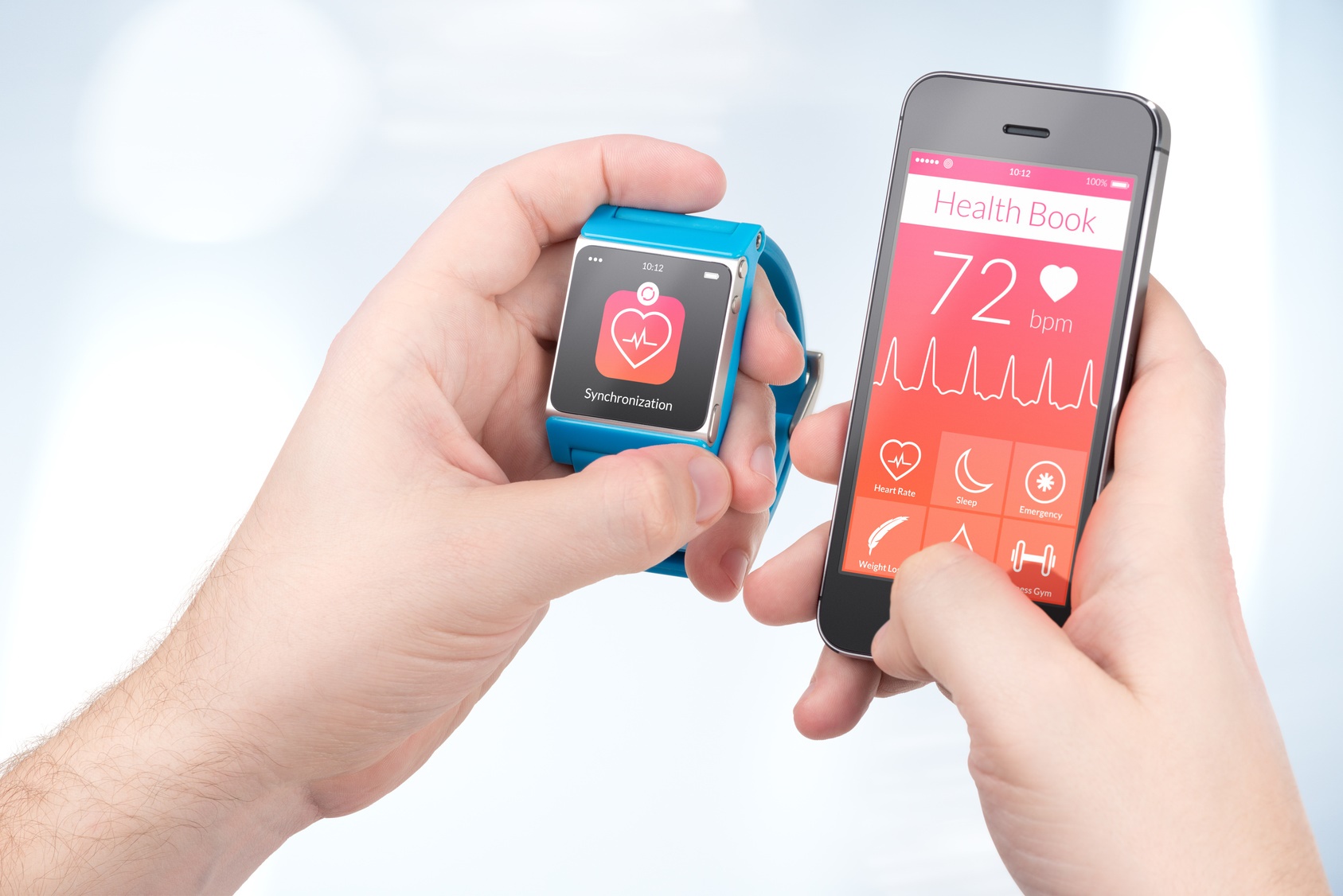Technology is the driving force behind improvements in all major industries in the world but recently, healthcare and patient care are getting the spotlight because of the way mobile healthcare is bridging the gap between providers and patients. Mobile apps and software are now being used to streamline care processes and enable those who use the service to get better patient experience. This innovation does not only mean that the stigma on mental health care is minimized, but it also allows patients to seek medical attention just when they need it.
Here are some of the major benefits of healthcare app development and how technology is impacting patient care.
1. Lower costs
Mobile apps are not only saving patients time and money, but are also helping providers to lower the hours they need to spend reviewing patients’ details and prescription information. With every information available at users and providers’ fingertips, time and money are saved.
In the same way, users benefit from not having to wait in line as other patients get diagnosed by their doctors. In won’t be long before a majority of people shift towards receiving care and diagnosis through telehealth.
2. Convenient access
Anyone with a smartphone can download apps that will help them better take care of their health or receive diagnosis from their doctors. From fitness to smart symptom trackers, and from simple telemedicine apps to apps that can detect chronic illnesses. Truly, there isn’t an area in healthcare that won’t be revolutionized by mobile technology.
3. Improved outcomes
AI and machine learning are now integrated into healthcare apps. These technology drive more accurate diagnosis and improve the manner that information are collected, stored and used. For instance, based on your heart rate and breathing patterns, you will get notified that there is a possibility that you have asthma or other respiratory problems. You can then get connected with a doctor who can further look into your condition and provide appropriate medications before your illness becomes severe.
Through mobile health, positive reinforcements are also possible, which means that users are encouraged to be healthier because there are rewards that await them whenever they achieve their weekly step count or when they cut down on carbs. Wearable devices also assist in getting more accurate picture of users’ activities.
In a nutshell, targeted care can be provided by doctors and patients are empowered to become much more engaged in their care.
4. Timely and relevant notifications
Another reason why health apps are preferred by people is its ability to provide text reminders to virtual clinic visits. Timely and relevant messages are sent to users in order for them not to miss their appointments or their medication. They can also be notified when their normal day-to-day activities are altered or when they are exhibiting symptoms they weren’t showing before.
Few years ago, people need to manually set alarms and reminders on their phones for their appointments and medications, but through the use of mobile health apps, they only need to fill in their information and the app can then smartly assist them in looking after their health.
5. Higher patient satisfaction
Because of mobile apps and healthcare software, patients don’t need to travel to their doctors’ office or to hospitals. They can get immediate care and attention without leaving their homes. This is especially beneficial to elderlies and people with disability.
Providers can also assess their patients’ needs more in-depth than they used to before and they can now provide individualized healthcare plans based on those needs. In turn, the ability to get healthcare plans based only on their needs are appreciated by patients who are not that well off or don’t have healthcare plans to begin with.
